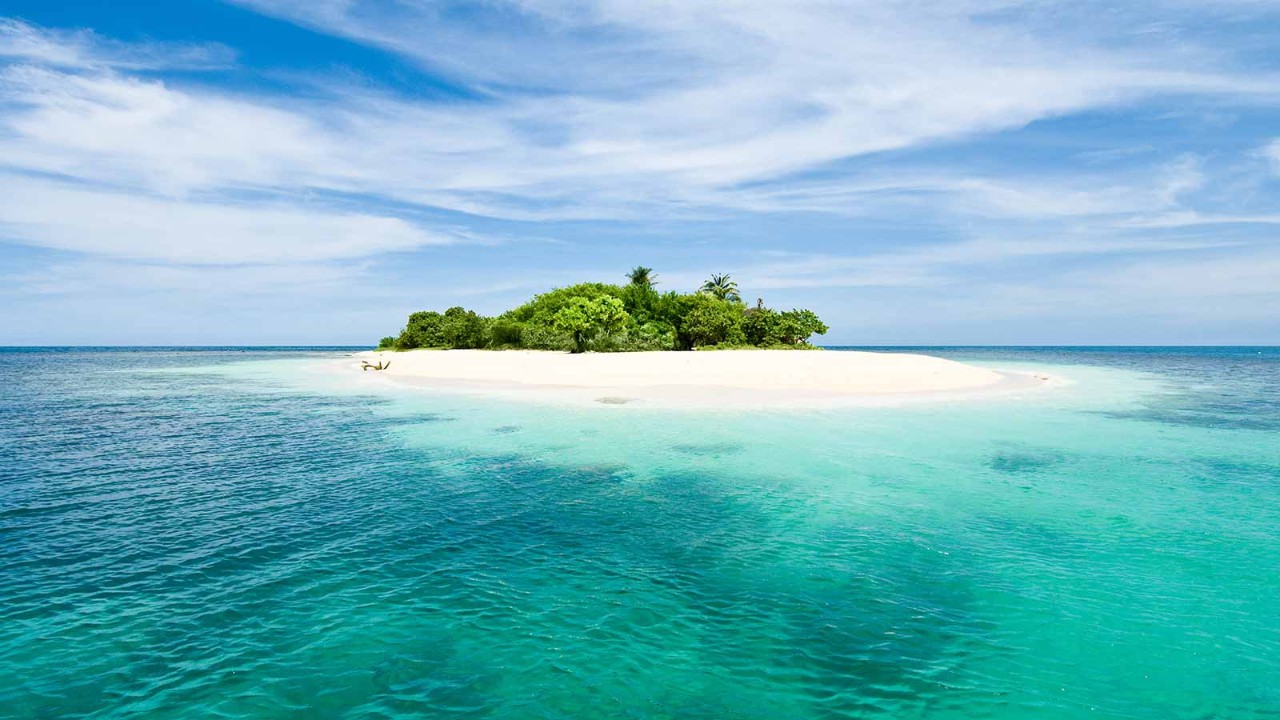
Caribbean islands offering offshore financial services have been named on a European Union (EU) blacklist that claims to target jurisdictions that give companies unfair tax breaks when parking their money in local bank accounts.
On 4 October, the EU Council of Ministers added the Turks and Caicos Islands, a UK overseas territory (OT), to the list, while re-listing another UK OT, Anguilla, which had been removed as recently as October 2021, and Bahamas, which had been removed in 2018.
'There are concerns that these three jurisdictions are attracting profits without real economic activity'
The EU has been operating its list of non-cooperative jurisdictions for tax purposes since 2017. Member states are formally encouraged to act against companies registered or banking in such jurisdictions, and 21 countries out of the 27 are doing so. Measures include:
- imposing the non-deductibility of costs incurred in a listed jurisdiction when filing taxes in an EU member state
- limiting deferral of tax to offshore, low-taxed entities
- withholding tax measures ‘to tackle improper exemptions or refunds’
- a limitation of participation exemption on shareholder dividends.
At present, these sanctions are also imposed on:
- American Samoa
- Fiji
- Guam
- Palau
- Panama
- Samoa
- Trinidad and Tobago
- US Virgin Islands
- Vanuatu.
Towards fairer tax
The idea is to push listed jurisdictions towards what the EU regards as fairer tax policies, so that companies pay tax where they do business rather than bank and secure registrations.
A Council communiqué said: ‘The reason for the inclusion of Anguilla, The Bahamas and Turks and Caicos Islands in the list is that there are concerns that these three jurisdictions, which all have a zero or nominal only rate of corporate income tax, are attracting profits without real economic activity.’ As a result, they erode ‘international standards designed to prevent tax base erosion and profit shifting', such as the OECD’s base erosion and profit shifting (BEPS) standards.
‘The biggest money-laundering and terrorist financing centres are the huge world capital markets'
Bahamas levies no corporation tax and does not charge income tax or capital gains tax – relying mainly on stamp duty, excise and customs duties. A Bahamas government statement stressed that it was working to comply with the EU’s demands and had passed a Commercial Entities (Substance Requirements) Act 2018 (CESRA), which ‘requires commercial entities engaged in certain relevant activities to have economic substance in the Bahamas’.
But following a September 2021 general election, the EU wrote to Bahamas warning that the law still broke its criteria that a ‘jurisdiction should not facilitate offshore structures or arrangements aimed at attracting profits which do not reflect real economic activity in the jurisdiction’. The Bahamas government said it had ‘worked diligently to satisfy the concerns of the European Union, however not all deficiencies could be addressed’ in time for an April 2022 review: ‘We are committed to closing all remaining gaps expeditiously and to seeking a re-determination of our status in the shortest possible time,’ it added.
Blacklist bias?
‘It's grossly unfair the way they treat us Caribbean countries. It has an impact,’ Philip Galanis, managing partner of Bahamian accountants HLB Bahamas, says of the blacklisting. ‘It reduces foreign direct investment. It contracts the offshore financial industry; you don't have clients, so accounting firms and banks have to look for adjustments to personnel. It also has an effect of giving us a bad name.’
‘This is a new form of colonialism.We have done everything we have been asked to do’
A past president of the Institute of Chartered Accountants of the Caribbean, Galanis argues: ‘The biggest money-laundering and terrorist financing centres are the huge world capital markets such as the UK, the US and France. In Delaware, Wyoming and Nebraska, they have the same kind of special purpose vehicles as they have in The Bahamas, the Turks and Caicos Islands, the British Virgin Islands and the Cayman Islands. Yet they have not been listed by the EU.’
Galanais claims that there is an unfair bias towards 'black-led countries they think they can push around', highlighting other unlisted offshore centres, such as Guernsey, Jersey, Gibraltar and Malta: ‘They are given a pass.’ He calls on the Bahamian government to work with other Caribbean countries to ‘get in front of the people making judgments against [us]... and demonstrate that we're not different from other jurisdictions’.
Accusing the French government of being particularly aggressive in pushing EU blacklisting, he adds: ‘This is a new form of colonialism. It’s offensive and disturbing. It’s a way of seeking to control us. We are one of the most highly regulated offshore financial centres. We have done everything we have been asked to do.’
Legislative moves
In the British overseas territory of Anguilla – where the government did not respond to requests for comments – registered companies pay no income, capital gains or profit taxes – or, indeed, any other form of direct taxation on corporations.
Under pressure from the OECD, Anguilla has introduced economic substance requirements, insisting on local trading and employment for locally registered banking, insurance, fund management, financing, leasing, shipping, distribution and service centres, intellectual property businesses, head offices and holding companies.
But the EU is not satisfied that Anguilla-registered companies operating in the EU pay enough EU tax.
The Turks and Caicos Islands, another British overseas territory, which also has zero corporation tax rates, has a Companies and Limited Partnership (Economic Substance) Ordinance 2018 and accompanying (2019) Regulations (Substance Legislation) with similar requirements on proving local operations and business for the range of companies highlighted in the Anguillan legislation.
Again, the EU considers the Turks and Caicos legislation to have too many loopholes, denying EU countries legitimate tax revenue for companies registered in the archipelago. The territorial government did not respond to requests for comments.
‘They’re saying we’re non-compliant in terms of the economic substance rule. Anything that says we are blacklisted will be harmful,' says Drexwell Seymour, a senior accountant with HLB TCI. ‘We will overcome it. The government will put measures in place to counteract that. They have until February, and I believe that will happen.’
Seymour believes that part of the problem was caused by technical tax software, which had not been rolled out on time, and would help demonstrate the OT's compliance with EU tax rules. He adds: ‘Most of our investors are from Canada and the US, so I don’t know how impactful the blacklisting in Europe will be. But if you lose one customer, it’s impactful.’
More information
Tax and global mobility is just one of the many subjects being discussed at this year’s Accounting for the Future conference. Find out more and learn how to gain more than 15 CPD points




